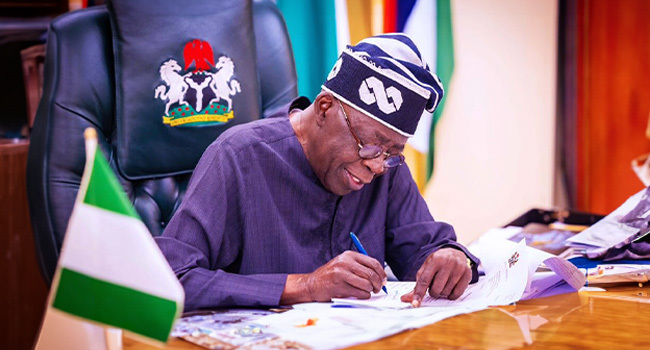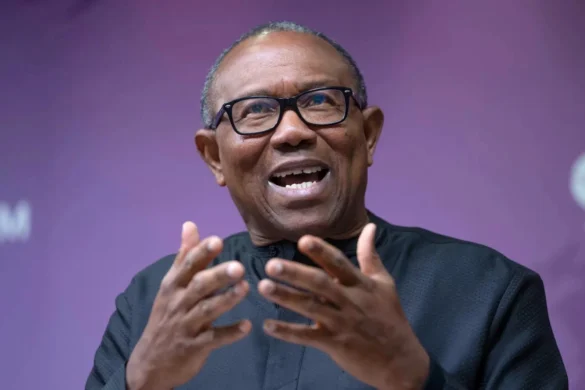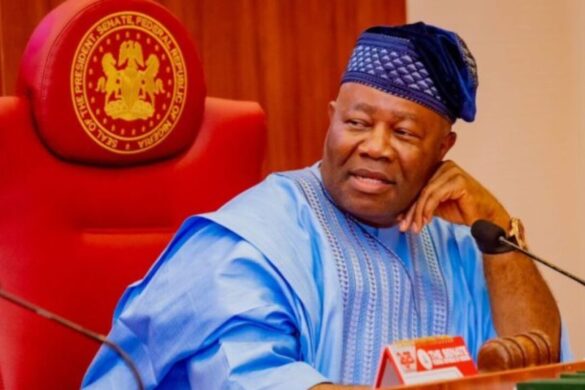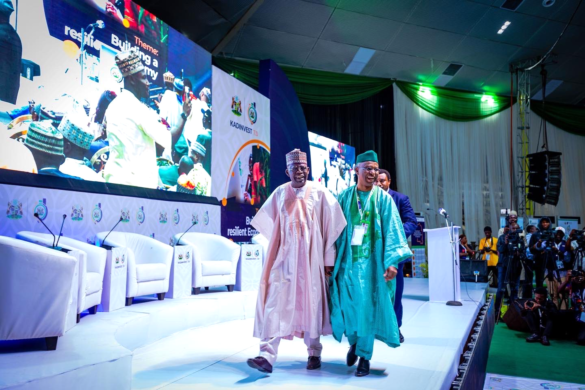On Tuesday, the Senate and the House of Representatives swiftly passed the National Minimum Wage Act 2019 (Amendment Bill).
The bill, which progressed through the second and third readings in both legislative chambers of the National Assembly just minutes after being transmitted by President Bola Tinubu, was promptly passed by both the Senate and the House.
Following a unanimous vote after a clause-by-clause consideration in the Committee of the Whole, the Senate passed the National Minimum Wage Bill on its third reading. The House of Representatives followed suit, passing the bill immediately.
President Tinubu is expected to sign the bill into law.
Earlier, the President had sent the National Minimum Wage Bill to the National Assembly for review and approval. He separately addressed the Senate and the House of Representatives, requesting urgent consideration of the bill, which aims to amend the National Minimum Wage Act of 2019 to increase the national minimum wage from ₦30,000 to ₦70,000.
Additionally, the President proposed reducing the interval for periodic reviews of the national minimum wage from five years to three years.
Last Thursday, President Tinubu and the leadership of the Organized Labour agreed on ₦70,000 as the new minimum wage for Nigerian workers. This agreement followed a series of negotiations between labour leaders and the President after months of unsuccessful discussions between labour organizations and a tripartite committee on minimum wage established by the President in January.
The committee, which included representatives from state and federal governments and the Organized Private Sector, had initially proposed ₦62,000, while labour demanded ₦250,000 as the new minimum wage for workers currently earning ₦30,000. Labour argued that ₦30,000 was unsustainable given the inflation and high cost of living following the removal of the petrol subsidy by the President.
Despite initially insisting on ₦250,000, Labour accepted the President’s offer of ₦70,000 last Thursday. Nigeria Labour Congress (NLC) President Joe Ajaero stated that Labour accepted ₦70,000 and rejected a proposal by President Tinubu to pay ₦250,000 on the condition of increasing petrol prices. He also noted that Labour agreed to the ₦70,000 offer because the minimum wage will now be reviewed every three years instead of every five years.
The transmission of the wage bill came about six weeks after the President announced in his Democracy Day speech on June 12, 2024, that an executive bill on the new national minimum wage would be sent to the National Assembly for passage.




